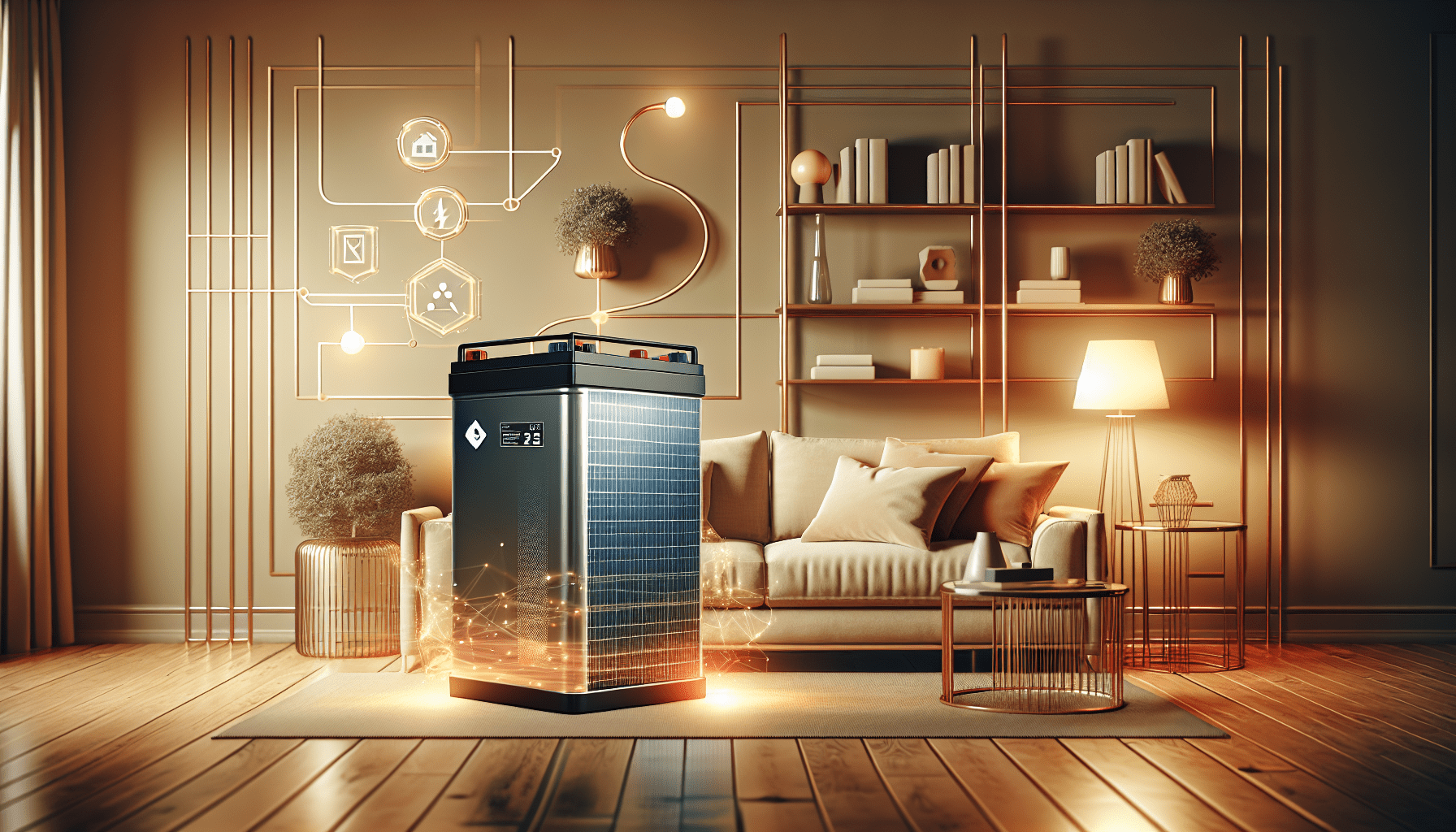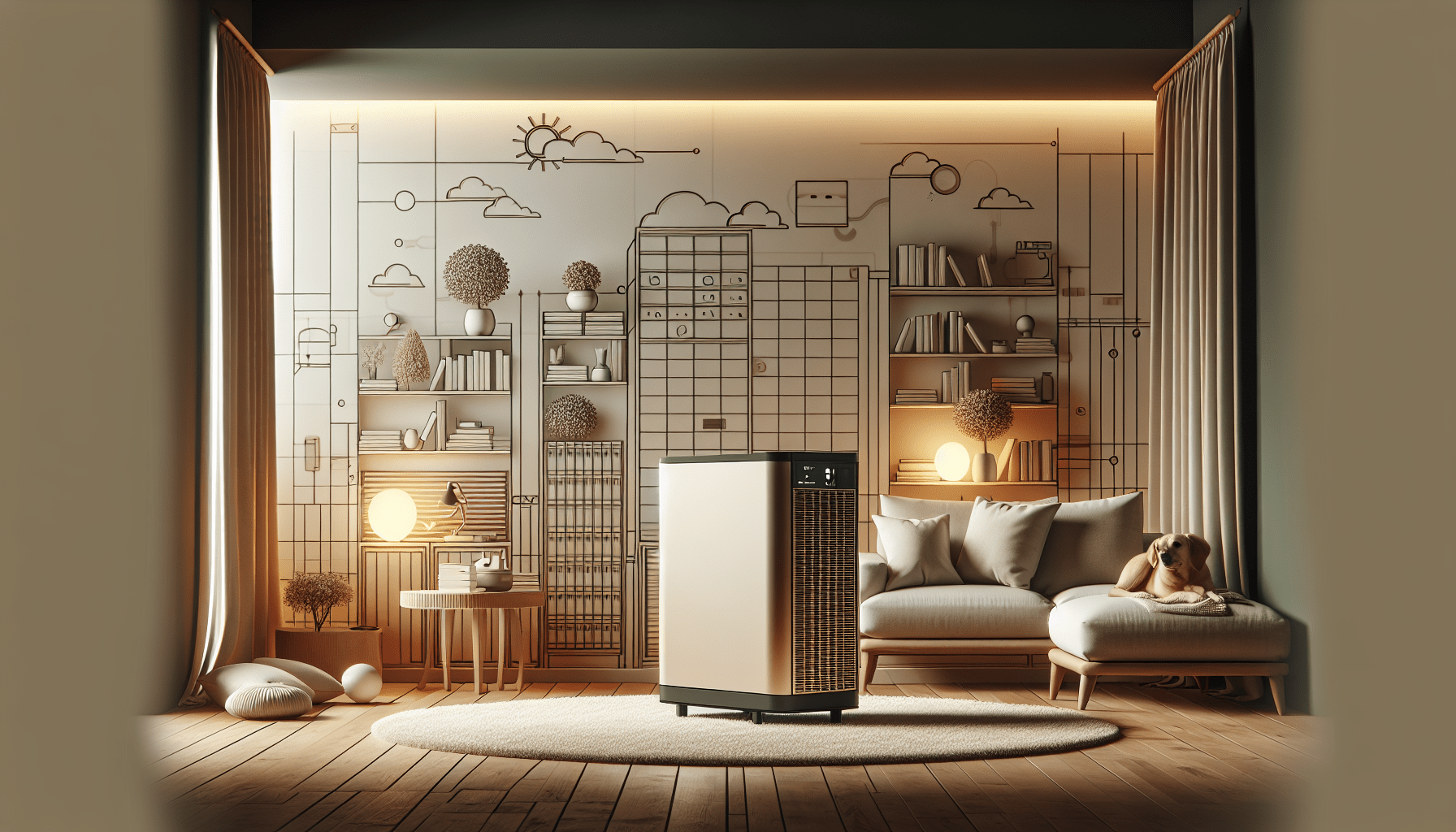Have you ever wondered about the costs associated with home power backup systems? In today’s world, where technology plays a crucial role in our daily lives, having a reliable power source becomes essential. Power outages can disrupt your daily routine, leading you to consider the value of investing in a power backup system for your home. Yet, one pressing question remains: are these systems expensive? Let’s explore the various factors that influence the cost of home power backup systems, shedding light on their affordability and importance.

Understanding Home Power Backup Systems
Before delving into prices, it’s essential to understand what a home power backup system is. Home power backup systems are essentially your safety net during power outages. They can range from portable generators to solar energy systems, and they serve one primary purpose: ensuring you never face a blackout in your home.
Types of Home Power Backup Systems
Different types of power backup systems offer various features, capacity, and convenience levels. Choosing the right one for your home involves understanding each type’s nuances and what may work best for your needs.
Generators
One of the most common backup systems, generators are typically the first option considered by homeowners. They can be powered by gasoline, diesel, or natural gas, and can range from portable units to permanently installed home setups. Generators can be more affordable initially but come with ongoing fuel costs.
Solar Power Systems
Solar power systems, equipped with batteries, generate electricity by harnessing sunlight. This can be a more expensive investment upfront, but it often pays off over time with savings on electricity bills. Additionally, solar systems are environmentally friendly, offering a renewable energy source.
Uninterruptible Power Supply (UPS)
A UPS is more suited for short-term power protection, ideal for keeping electronics like computers and laptops running during brief outages. These systems are often used in tandem with larger backup solutions.
Key Features of Backup Systems
Each type of backup system has unique features and benefits. Understanding these can help you make an informed decision on what will work best for your needs and budget.
- Capacity: The energy capacity plays a crucial role in determining how much power the system can supply. Larger homes with extensive energy needs require bigger systems.
- Durability: High-quality backup systems are built to withstand extreme weather conditions and frequent use.
- Ease of Use: Automated systems that turn on and off seamlessly often come at a higher cost but offer greater convenience.
- Maintenance: Consider how much maintenance the system will require over time.
Costs of Home Power Backup Systems
Now, onto the heart of the matter: cost. The price of a home power backup system can vary widely based on several factors. Let’s break down what you can expect in terms of expenses.
Initial Purchase Costs
The upfront cost is the most immediate expense when you buy a backup system. Here’s a simple breakdown of average initial costs for different systems:
| Backup System Type | Average Initial Cost Range |
|---|---|
| Portable Generator | $400 – $1,500 |
| Standby Generator | $2,000 – $15,000 |
| Solar Power System | $10,000 – $30,000+ |
| UPS | $100 – $800 |
These prices are general estimates and can vary based on capacity, brand, and specific features.
Installation Costs
Installation is another critical factor to consider. Some systems, such as portable generators, have minimal installation costs, while others might require professional setup, which can be more expensive.
- Portable Generators: Typically, these require little to no installation, allowing you to save on costs.
- Standby Generators: Permanent installation can cost between $500 to $5,000, depending on complexity.
- Solar Power Systems: Installation can be costly due to roof mounting and electrical work, often adding $5,000 to $10,000 to the total cost.
Operating and Maintenance Costs
Long-term costs include the operating and maintenance expenses, which are crucial in calculating the total investment of your backup system.
Fuel Costs for Generators
Generators require a steady fuel supply, and these costs can add up over time. Diesel and gas prices fluctuate, making it hard to predict long-term expenses accurately. For natural gas generators, the utility bill might reflect the usage.
Maintenance Costs
Regular maintenance ensures your system remains in good working order. Here’s a breakdown of average costs:
- Generators: Annual maintenance might cost between $100 to $300.
- Solar Systems: Minimal maintenance, possibly involving cleaning panels and occasional battery checks, might cost between $100 to $200 per year.
- UPS: Typically requires battery replacement every 3-5 years, costing around $100 to $300.

Evaluating the Value of Backup Systems
While costs might seem daunting, it’s crucial to consider the value these systems offer, especially during prolonged power outages.
Reliability and Peace of Mind
One of the most significant benefits of owning a home backup system is peace of mind. You won’t have to worry about spoiled food in the fridge, interrupted work deadlines, or uncomfortable living conditions during extreme weather.
Long-term Savings
For systems like solar power, the initial investment can lead to substantial savings in energy costs over time, eventually paying for themselves. Additionally, many places offer tax incentives and rebates for renewable energy solutions, reducing the overall expense.
Increasing Property Value
Homes equipped with reliable power backup solutions can see an increase in property value. Prospective buyers often see these systems as a perk, potentially making your home more attractive in the real estate market.

Making an Informed Decision
Making the right choice involves evaluating your specific needs, budget, and the potential return on investment. Here are some steps to help you make an informed decision:
Assess Your Power Needs
Understanding your power needs will guide you in choosing a system with the appropriate capacity. Calculate how much energy your essential appliances and systems use, ensuring that your backup solution can meet these needs.
Consider Future Needs
Think about how your energy requirements might change over time. Investing in a larger or more scalable system might save you from future upgrades.
Research Available Options
Explore the different brands and types of systems available in the market. Look for reliable customer reviews and ratings, and consider seeking recommendations from friends or professionals who have experience with backup systems.
Consult with Professionals
Professional advice can be invaluable, especially for complex installations like solar or standby generators. Experts can provide insights into what system might work best for your home’s specific setup and needs.

Conclusion
In conclusion, determining if home power backup systems are expensive comes down to various factors: upfront costs, installation expenses, operating fees, and the long-term benefits they provide. While the initial investment can be significant, the peace of mind, reliability, and potential savings often justify the expense. By thoroughly researching and planning, you can find a system that suits your budget and provides the power security and convenience you desire.


